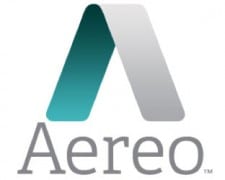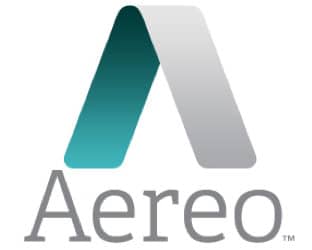 The Washington Post’s Brian Fung had an interesting take on all that has been going on over the Aereo Supreme Court case, dove-tailing with the miasma that is the FCC’s work on defining new net neutrality rules:
The Washington Post’s Brian Fung had an interesting take on all that has been going on over the Aereo Supreme Court case, dove-tailing with the miasma that is the FCC’s work on defining new net neutrality rules:
“[Last] week, we heard a lot about Aereo, the New York-based startup that could upend the television business if it survives a Supreme Court battle with broadcasters. But even if it squeaks past the court’s technologically challenged justices, it might not matter — the company is still likely doomed. Here’s why.
At heart, Aereo is an Internet company that operates on Internet pipes and serves Internet customers. Yes, the company’s main business involves pulling broadcast TV signals out of the air. Critics say that practice violates copyright laws. But technologically, Aereo stores its customers’ TV shows in an online, cloud-based locker. Then it sends those shows, on-demand, over the Internet to its subscribers’ waiting PCs, tablets and mobile phones.
Incidentally, that makes Aereo subject to the Federal Communications Commission’s new rules on net neutrality. If Aereo loses its Supreme Court bid, the show’s over and the question becomes irrelevant. But if Aereo survives, then it would be living in a world filled with Internet fast lanes and paid prioritization. (In case you haven’t heard, the rules would ban broadband providers from blocking access to specific Web sites but leave the door open to commercial deals between ISPs and the content companies that are trying to reach the Internet providers’ customers.)
“If the reports are correct and the commission is planning to propose rules that would allow for paid prioritization of content, then certainly companies like Aereo would be right to worry that their content could be subject to tolls in order to access ISPs’ users over the Internet,” said Sarah Morris, senior policy counsel at the New America Foundation’s Open Technology Institute.
Aereo is precisely the real-world example of what net neutrality advocates (and critics of the FCC’s new plan) fear: That when faced with the prospect of an ISP toll, large companies will shell out the money because they can afford it, while small startups will become marginalized and perhaps even forced out of business.
It’s not clear how much money Aereo, which has raised $97 million in investment capital, pulls in every year in revenue. But chances are it isn’t wealthy enough to pay off every broadband provider in the country. After all, one of the major reasons Aereo is controversial at all is because it tried to wriggle out of paying TV broadcasters the fees they demanded in exchange for content. That’s how it wound up in the Supreme Court.
Analysts believe broadcasters will stop at nothing to make sure the two-year-old company fails. The likeliest scenario, said Moffett Nathanson’s Craig Moffett, is that content companies will try to get Aereo reclassified as a cable company. Cable companies are required to pay “retransmission fees” to broadcasters for carrying broadcast content. Failing that, TV stations may call on Congress to write special amendments protecting broadcasters into the legislation that governs retransmission of broadcast content by satellite companies — a law known as STELA.
“Either of those is not only possible,” said Moffett, “they’re likely if Aereo wins the case.”
CBS, meanwhile, has threatened a third option. The network’s chief executive, Les Moonves, has on numerous occasions hinted that CBS could launch its own version of live TV over the Internet that would compete with Aereo directly. This “over-the-top” service would be designed to crush Aereo by force.
Given the broadcasters’ impatience with Aereo, it’s not hard to imagine them following through on that threat, starting their own Internet video services and then negotiating with Internet providers such as Comcast or Verizon for better, smoother downloads for customers — just the sort of deals that the FCC’s new net neutrality proposal would enable.
Meanwhile, Aereo would either be forced to spend valuable resources trying to keep up with the broadcasters or accept traveling over the non-fast-lane Internet.
“It’ll be a question that Aereo and every other company is going to have to answer on their own,” said Jeff Kagan, an independent telecom analyst. “We’re in the wild, wild West in the TV industry. There are no rules.”
See the Washington Post blog here.





